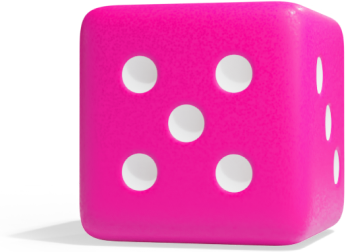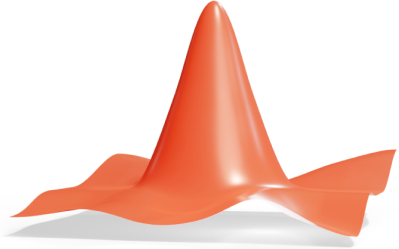
Math Outside of Books

If you are reading this blog, you are probably using mathematics in your life more than you realize. "How?", you may ask. Well, you or your parents probably started by paying for the electricity bill and then the internet bill to get to his blog. The payment of these bills involves math. The monthly budget decided by your parents involves arithmetic operations you learn in math every day. Every monetary transaction starting from your pocket money to the shopkeeper to the bank and back to your parents involves calculations. Let us take a look at some common areas where you might find math in real life.
Sports
After you are done reading this blog, you might want to enjoy some sports, but did you realize that every sport involves math by simply keeping track of score to decide who played better. Let us consider that you are a basketball player of a professional team. The coach decides whether you play a center or point guard based on your physical capabilities which involve statistics. Once decided, each individual play starting from your half of the court to the opponent’s basket involves timed tasks with the ball ending in the hands of the player with highest probability of finishing the play successfully. Whether it’s keeping track of time of a lap of running, the time taken to make a team play or making an estimation to try a last-minute buzzer beater in time; everything relies on math.
Video Games
Even if you are not the sports type and you decide to take some time off from homework by playing some video games; you’ll realize that a large part of video games relies on math. The programming behind the video game involves extensive arithmetic operations. The time it takes to complete a lap in racing game, the score in an RPG or the health points of fast paced shooter are just numbers constantly being added or subtracted based on the actions of players. The multi-million dollar video game tournaments require keeping track of points of each team which involve calculations i.e. basic arithmetic and probabilities.
Education
The education system including schools and colleges rely completely on math. For example, each question of an exam given by students is first graded by the teacher. Then each mark is added. Then percentage is calculated. Average, standard deviation and grading is calculated all using standard mathematical operations. Math also forms the basis of concepts of other subjects such as chemistry, physics or even biology. Let us consider physics as an example. You might have come across Einstein’s famous equation of relativity, that is
This simple equation is considered a revolutionary breakthrough in physics and relates mass of system to its energy content and speed of light. Even if you don’t understand the premises of this equation, you can see the use of at least three mathematical operations being multiplication, square and equality. Similarly chemical equations involve complex equations which predict the speed of reaction which depend again on math.
Geometry
Despite the contrary general belief, geometry is one of the most used aspect of math in normal life. "How?", you may ask? Well it was involved in deciding the building’s structure you are currently sitting in by an engineer. The shape of your furniture is carefully designed by a designer who uses principles of geometry to decide the most pleasing shape with the most practicality. Nature has provided us with one of the strongest shape that is a hexagon (a polygon with six sides). This shape is most commonly found in bee hives due to its high strength with the low weight. This is the reason it is commonly used in building materials to save weight and make them stronger. Even our ancestors used geometry to navigate through the seas using constellation in the sky at night. Who know without geometry how many lands would not have been yet discovered as voyagers would be lost at the sea.
Shopping
After a tiring week, you might want to blow off some steam by visiting the local mall. But did you know that behind every purchase you make, a number of calculations are involved. Starting from the making of the product you buy at the factory to packaging that product to its delivery to the store and then to your hands; math is involved in every step. A business professional uses probability and statistics to decide how much demand is going to be. Then an engineer uses concepts of physics and chemistry which rely on math to convert that raw material to product and package. The speed of production is again decided using mathematical principles of division. The discount you might get and the profit the shopkeeper gets it again calculated using percentage principle of math.
Your Personal Life
We’ve taken a look at how normal life relies on math. Now let us take a look at how you can use math to your advantage in your personal life.
Personal Schedule
Stephen Covey in his book “The 7 Habits of Highly Effective People” highlights the importance of scheduling one’s workload. Charts can be used to prioritize your important tasks. Rates and probability can be used to select the time required for each task. For example let us imagine that you have math homework today. You realize that your math homework is easy and you have high chances of solving all the problems yourself or with the help of a tutor. Since you are good at math; your rate of completion is fast. So you allocate less time to math. Consequently, you can allocate more time towards your family and exercise. As a result, you can make a chart or a table to schedule your day.
Hobbies
Say you are really into gardening. Well math is involved in gardening as well. Starting with counting the number of seeds you are going to plant. Then measuring the depth of the seed in land. Then using a measured amount of water to hydrate the plant. All of these activities involve minor mathematical operations.
Not into gardening? What about film making? Sounds unreal how math is involved even in film making. Starting from budgeting for a film to keeping track of the time taken by a scene to counting the number of times a scene is shot to maybe calculating the profit of your film. See how math is involved without you realizing it.

















